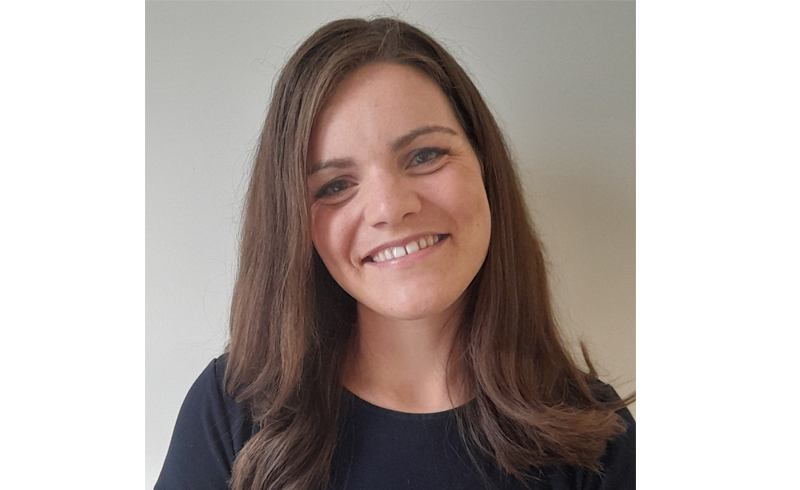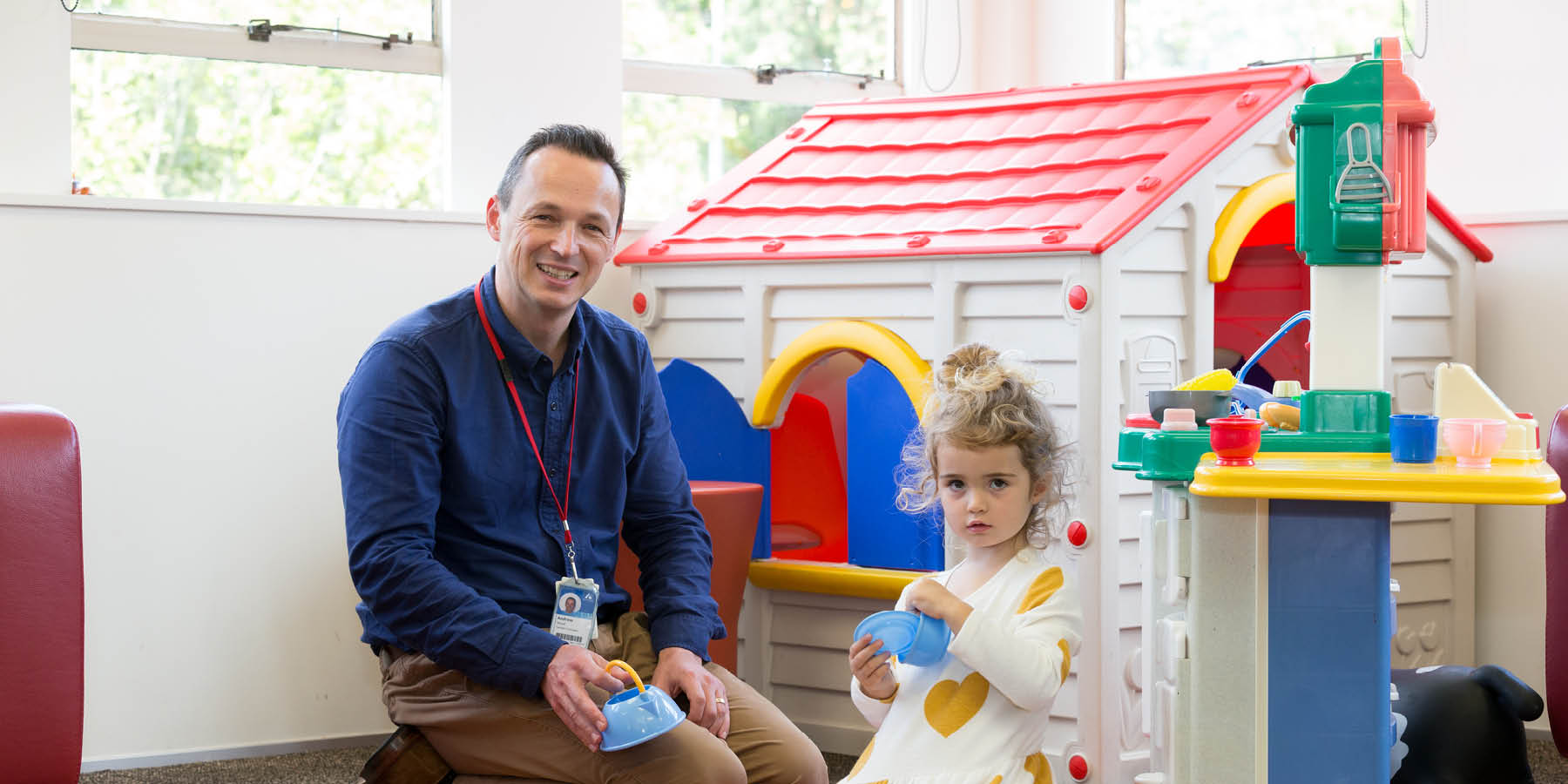The National Child Cancer Network launches two new research projects
Dr Gemma Pugh is the research lead for the National Child Cancer Network (NCCN). Her job is to manage the New Zealand Children’s Cancer Registry (NZCCR) and support NCCN’s broader research agenda. For more information about NZCCR, please go to the NCCN website.
Here, Gemma outlines a couple of the projects she is currently working on: the Margaret Lewis project and research into equity in children’s cancer care.

Margaret Lewis Project
Prior to NZCCR formally being established in the year 2000, a dataset of diagnostic and demographic information about children with cancer in New Zealand was collected by the late Dr Margaret Lewis in Wellington between 1978 and 1999. Dr Lewis’ handwritten records have been transferred to electronic format and we are now able to estimate that there were 2,789 childhood cancer cases diagnosed in New Zealand between 1978 and 1999.
Work is underway to analyse this data to understand more about the long-term effects of childhood cancer. We are especially interested in knowing more about childhood cancer survivors’ risk of developing new cancers later in life (often called second primary malignancies) and if a childhood cancer survivor’s cause of death later in life (cause-specific mortality) might be linked to their earlier cancer and treatment.
So far we have found that prior to 2000, 983 (35%) of these patients passed away, leaving a follow-up sample of 1,806 patients for second malignancy and cause-specific mortality analysis. Whilst this number is determined by the incidence and survival of childhood cancer in the 80s and 90s, a sample of 1,806 is not big enough to produce accurate results of relative risk of second malignancy or cause-specific mortality.
Fortunately, a submission to include the NZCCR data in our analyses has been approved. This will mean that our analyses will include childhood cancer cases diagnosed between 1 January 2000 and 31 December 2018, in addition to those diagnosed between 1978 and 1999. The larger sample and extended follow-up will allow a more complete estimate of the prevalence and cumulative risk of second malignancies and cause-specific mortality.
What will this work mean for children diagnosed with cancer and their families?
Few – if any – countries in the world have the data to be able to undertake such a study, and it’s largely thanks to Margaret Lewis that we have the opportunity to do so. Building an understanding of second primary malignancies and cause-specific mortality among children diagnosed with cancer in New Zealand will help build awareness among healthcare providers about childhood cancer survivors’ potential future health risks.

Equity in children’s cancer care – the patient and whānau experience
Recent hui led by the National Child Cancer Network have identified that it is timely to consider the patient journey across the childhood cancer experience and develop ways to ensure not just equitable cancer survival but also equitable experience of care and long-term wellbeing for all children with cancer in New Zealand.
A core advisory group has been established to provide advice on the best approach to investigating patient and whānau experience of diagnosis, treatment, survivorship and supportive care. This will allow us to develop patient and whānau-led approaches to address potential inequities.
If you are interested in hearing more about this work or would like to be involved, please get in touch with Gemma at the National Child Cancer Network by emailing GPugh@adhb.govt.nz


